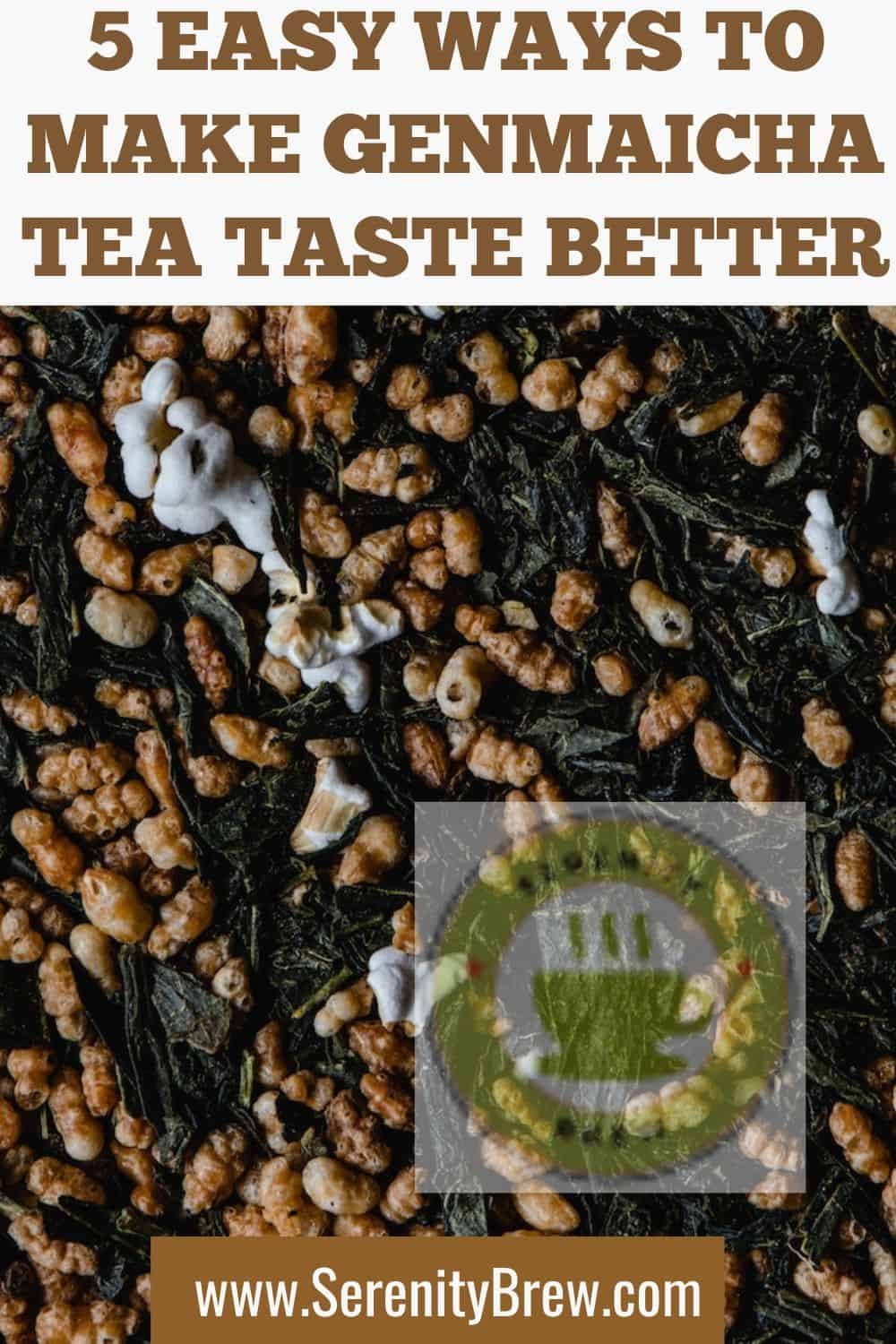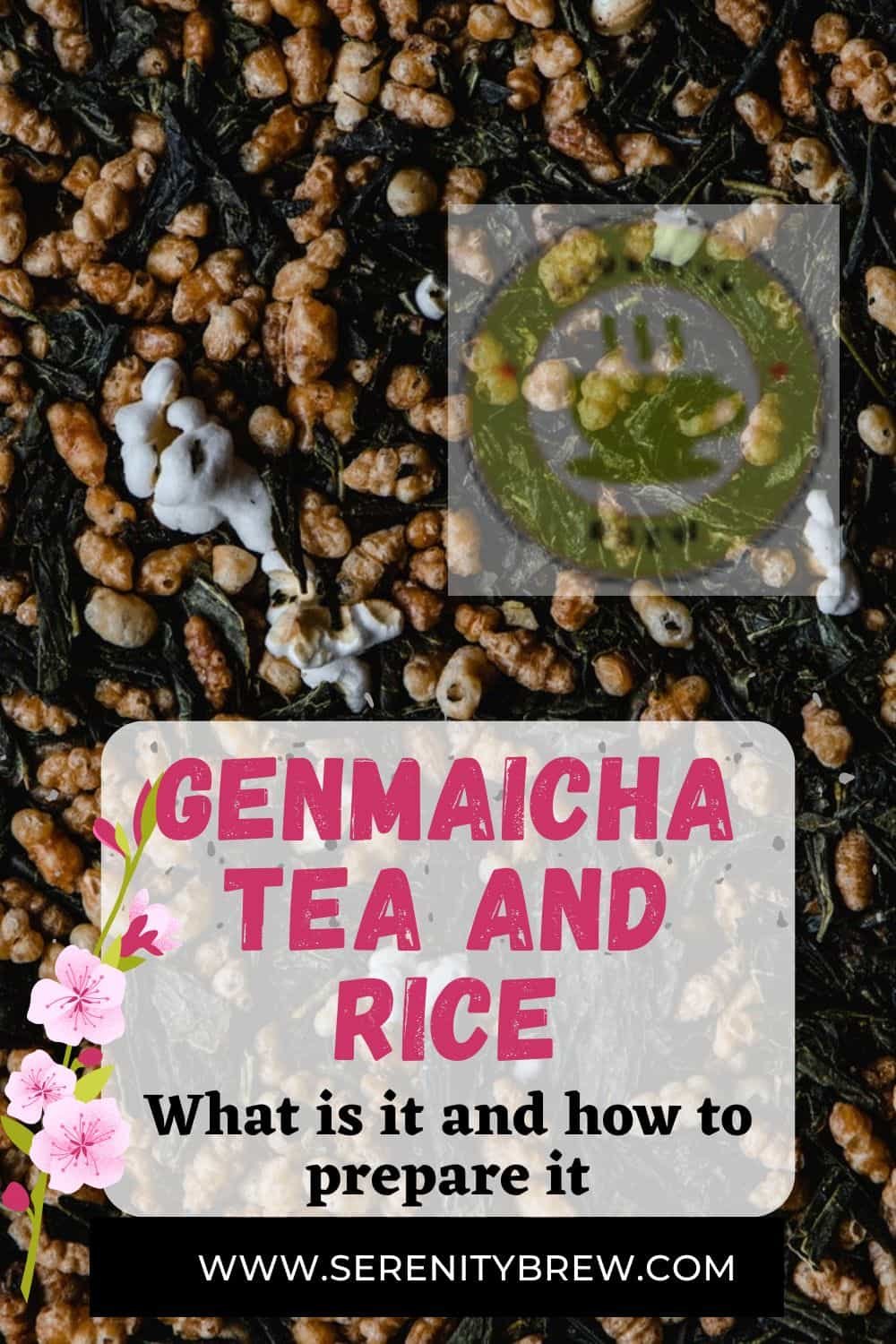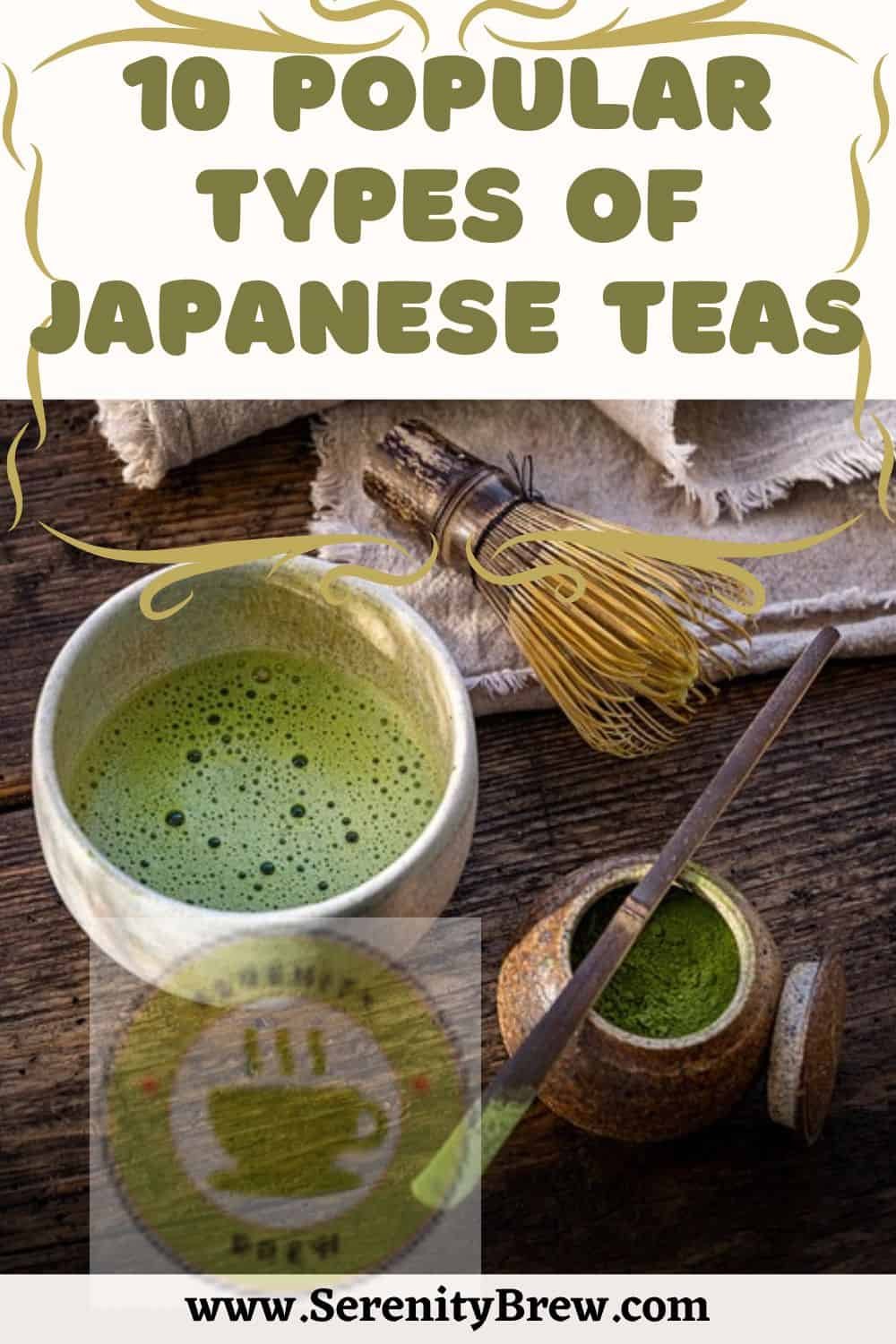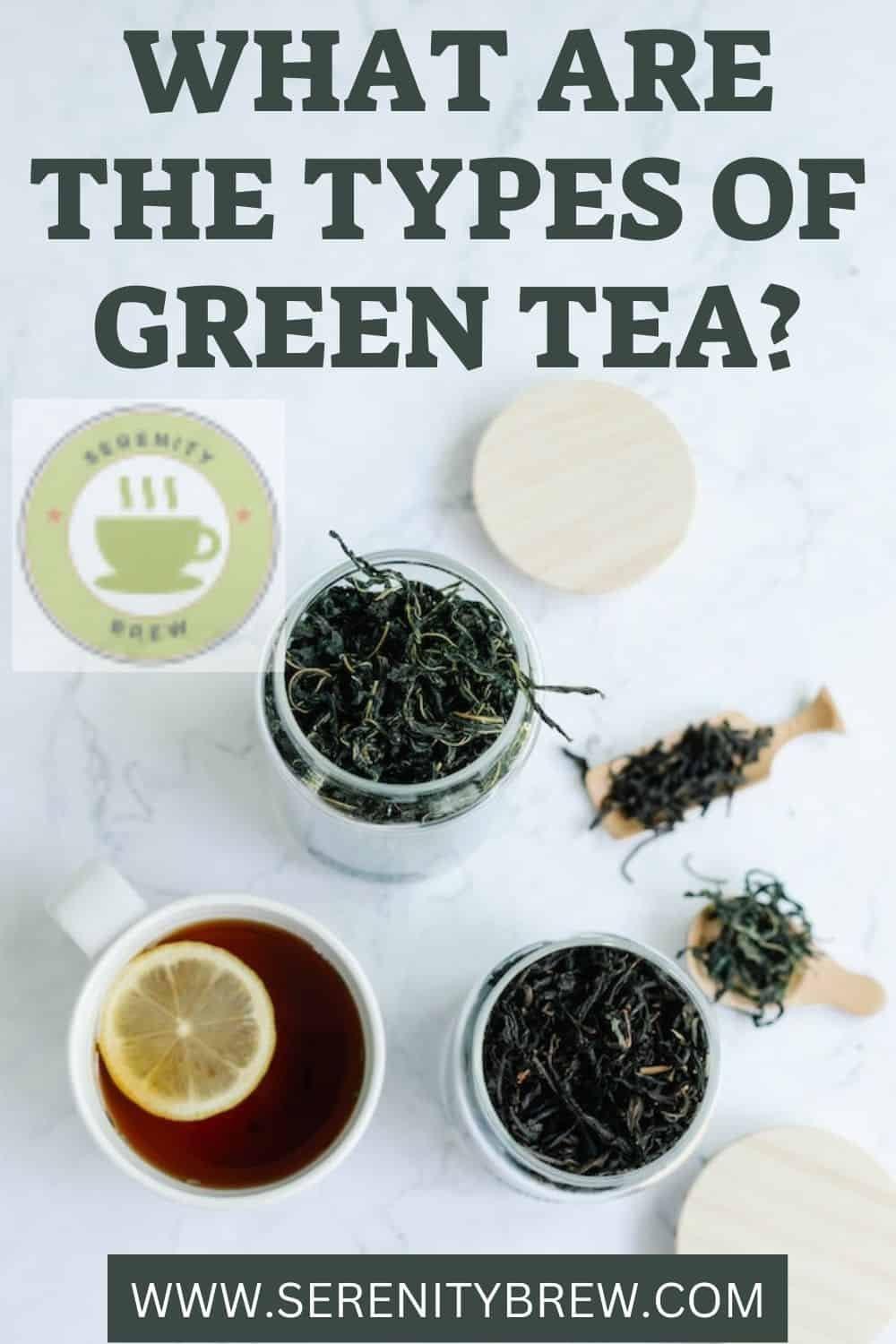Genmaicha Tea or Popcorn Tea
properties, benefits, uses, side effects
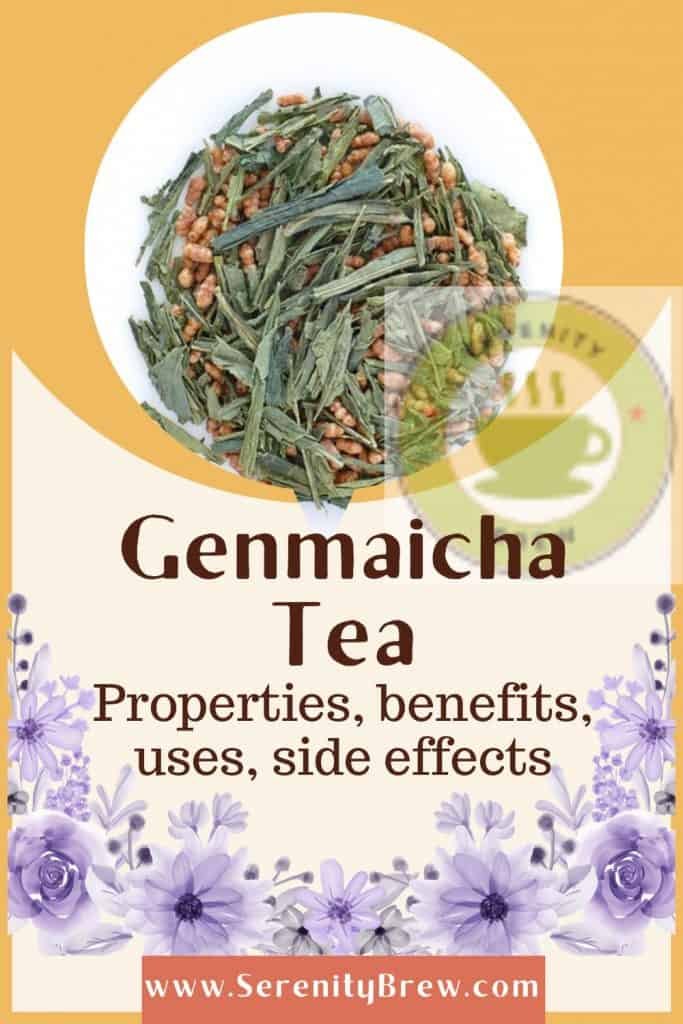
Genmaicha Tea is Bancha tea with roasted rice: Bancha tea is a highly prized Japanese green tea and deserves to be known a little more. The etymology of its name indicates a peculiar characteristic: Genmai means rice, cha means tea.
There are two types of Bancha tea: hojika and kukicha. The first variant, the hojika, is obtained from the leaves while the second, the kukicha, from the toasted twigs of the plant aged at least three years.
The harvest for the processing of Bancha takes place at the end of the season, in order to allow a correct maturation of the parts and a degradation of the component into theine.
The preparation of the two variants of Bancha tea takes place in different ways:
- Bancha Hojicha tea is prepared by infusion, with very hot water around 80 ° / 90 ° C;
- Bancha Kukicha tea is prepared in decoction by boiling the twigs for about ten minutes.
Japanese genmaicha green tea is also called popcorn tea. It is also suitable for children by virtue of its low theine content.
Properties of the Genmaicha
Genmaicha tea is an infusion of light yellow color, limpid with an intense, fresh, herbaceous aroma with notes of puffed rice.
The flavor is certainly particular, the toasted taste is enhanced which sweetens the tea and recalls the flavor of hazelnut. It needs very little sugar to be consumed and goes well with savory dishes.
The basis is given by Bancha green tea, with a very low theine content, therefore also suitable for children. Japanese green tea has antioxidant properties, thanks to the rich presence of catechins.
Bancha tea possesses alkalizing properties of the blood, is a digestive tea, purifying facilitator of liver function, and is an adjuvant to diets as it accelerates metabolism. It is a supplier of vitamin A , calcium , iron and fluoride.
Genmaicha Tea Flavor
Genmaicha has a unique nutty and sweet flavor due to the presence of roasted brown rice, distinguishing it from other green teas like matcha or gyokuro. In contrast, black tea tends to have a stronger, slightly bitter taste, while oolong falls somewhere in between with a fruity or floral flavor.
Genmaicha Tea Catechin content
Although both green and black teas come from the same plant, the processing methods impact their catechin levels. Green tea, including Genmaicha, typically has higher catechin concentrations than black tea. Matcha, a type of green tea, has the highest catechin content.
Genmaicha Tea Polyphenol content
The polyphenol content in Genmaicha is higher than that of black tea and is comparable to other green teas, such as gyokuro and hojicha. Oolong tea’s polyphenol content falls between green and black teas.
Genmaicha Tea Processing
Genmaicha involves mixing green tea leaves with roasted brown rice, giving it a distinctive taste and appearance. Black tea undergoes a fermentation process that alters the flavor and reduces polyphenol content, while oolong tea is partially fermented. On the other hand, green teas like matcha and gyokuro are steamed and shade-grown, respectively, to preserve their vibrant color and high antioxidant content.
Benefits of Genmaicha
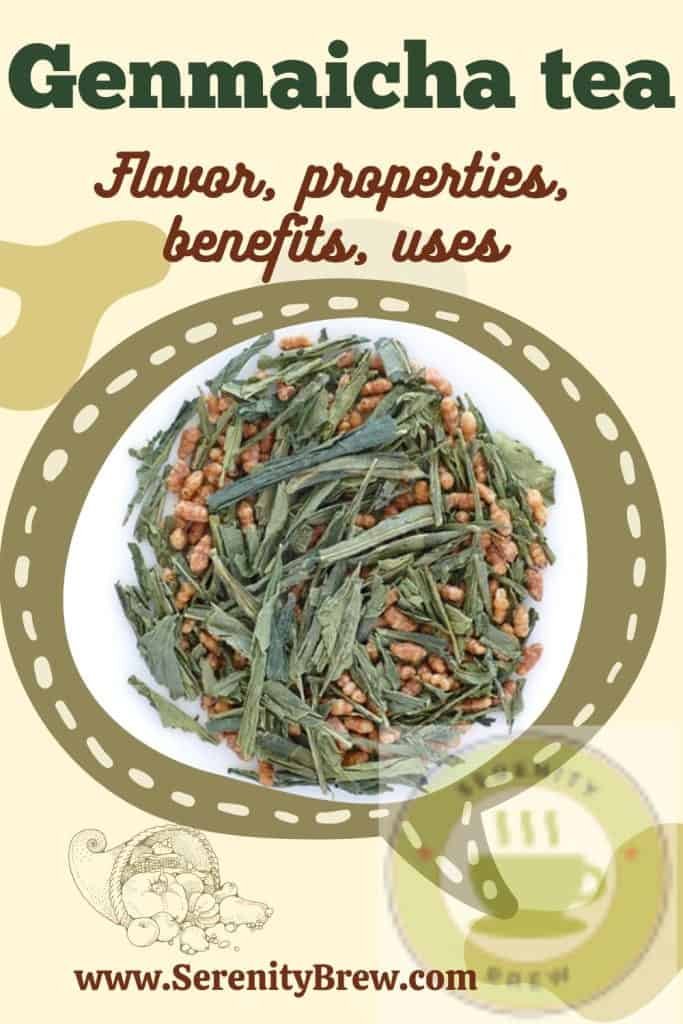
The benefits of Genmaicha are attributable to those of Bancha tea of course.
It is a drink that brings innumerable benefits to the body: the limited presence of theine allows it to be consumed above the norm and can also be drunk by children.
- Rich in mineral salts and vitamins, it has a remineralizing action, useful both for the growth of children and for the maintenance of bone density in the elderly.
- Promotes digestion and can be consumed with meals both warm and cold.
- In the change of seasons it is an effective detoxifying adjuvant, helps to purify the liver and kidneys and facilitates diuresis, with a deflating effect.
- Awakens the basal metabolism : associating Genmaicha tea with a low-calorie diet is useful in the case of a weight control diet .
- Considering its antioxidant properties, it counteracts the formation of free radicals, helps regenerate the body’s cells and keep them efficient.
- Useful in case of mild anemia, Bancha tea helps balance iron levels and acts as an energizer.
Antioxidant Properties
Genmaicha tea, a type of green tea, is rich in antioxidants due to the presence of catechins. These antioxidants help neutralize free radicals in your body, protecting you from oxidative cellular damage. The polyphenols in Genmaicha tea also contribute to its antioxidant properties, providing potential health benefits and reducing the risk of diseases.
Weight Loss and Metabolism Support
As a type of green tea, Genmaicha contains compounds that may aid in weight loss endeavors. The tea’s alkalizing properties can help speed up your metabolism, making it an adjuvant to diets. Furthermore, the Bancha tea in Genmaicha provides additional benefits like supplying vitamin A, calcium, iron, and fluoride.
Cardiovascular Health
Drinking Genmaicha tea may improve your heart health by reducing the risk of cardiovascular diseases. This is possible due to the tea’s antioxidant and anti-inflammatory properties, which protect against heart disease by reducing inflammation and preventing blood clot formation.
Digestive Health
Genmaicha tea is known for its digestive benefits as well, thanks to the Bancha tea’s alkalizing effects. The tea’s properties may facilitate liver function and purify your blood, promoting overall digestive health and preventing digestive issues.
Immune System Support
Antioxidant-rich Genmaicha tea can help strengthen your immune system by neutralizing harmful free radicals that could weaken it. In addition, drinking this tea may reduce the risk of developing certain cancers, such as breast cancer, as reported in a study by the “Journal of the American College of Nutrition.”
Enhanced Concentration and Memory
Genmaicha tea contains an amino acid called L-theanine, found in green teas, which may improve concentration and memory. Consuming Genmaicha tea may help you maintain cognitive function while also providing essential nutrients like calcium and iron for your overall well-being. With its lower caffeine content compared to regular green tea, Genmaicha still offers a gentle boost without overstimulating you.
So, enjoy your cup of Genmaicha tea and reap its numerous health benefits, from antioxidants and weight loss support to better digestion and enhanced cognitive function.
Controls thyroid hormones
Containing selenium makes it an effective drink to control thyroid hormones. When the body is deficient in this mineral, thyroid problems begin, presenting symptoms such as visual impairment, weakness, irritability and sleeping problems.
Detoxifies the body
Due to its high polyphenol content, it helps speed up the detoxification process. When green tea is combined with Genmaicha, it increases the defenses that fight free radicals. When we age these free radicals are the ones that attack the proteins and DNA that are in the cells of the body.
Improves cognitive abilities
Another of the benefits of Genmaicha is to improve the cognitive and nervous functions of the brain. If combined with black tea, it increases energy and activates the mind. These benefits are due to the caffeine content, which is what increases the brain’s norepinephrine and dopamine levels.
relieves asthma
The cure for asthma genmaicha tea. It is due to its selenium content, a very powerful mineral that benefits health.
Avoid insomnia
Thanks to its γ-aminobutyric acid (GABA) content, a neurotransmitter that calms the nerves and relaxes. It is activated before sleeping and makes the body rest. It also reduces stress and helps maintain attention.
Genmaicha Tea Preparation and Consumption
Selecting the Best Genmaicha Tea
When choosing a high-quality genmaicha tea, look for a blend that combines a good quality green tea, such as sencha or bancha, with roasted brown rice kernels. Opt for sencha green tea if you prefer a lighter, more delicate flavor or bancha green tea if you enjoy a heartier, more robust taste.
Ensure that the tea you select is free from additives and is organic, if possible. Additionally, remember that genmaicha tea is relatively low in caffeine, making it suitable for those looking to reduce caffeine intake.
How to Brew Genmaicha Tea
To prepare a delicious cup of genmaicha tea, follow these steps:
- Measure the tea and water: Use about 1 teaspoon of genmaicha tea for every 8 ounces (240 mL) of water.
- Heat the water: Bring the water to a temperature of 175°F – 185°F (80°C – 85°C). Avoid using boiling water, as this can result in a bitter taste.
- Add the tea: Place the genmaicha tea into a teapot or infuser, ensuring that the tea leaves have room to expand.
- Steep the tea: Pour the heated water over the tea and allow it to steep for 2-3 minutes, depending on your taste preference. The longer the steeping time, the stronger the flavor will be.
- Strain and enjoy: Once steeped, strain the tea into your cup and savor the unique flavor of genmaicha tea.
For an added twist, you can also add a pinch of organic matcha powder to your genmaicha tea for a richer flavor and increased health benefits.
Serving Suggestions and Pairings
Genmaicha tea has a distinct, nutty flavor that makes it excellent for both sipping on its own or pairing with a variety of dishes. Some serving suggestions and pairings for genmaicha tea include:
- Breakfast: Enjoy a cup of genmaicha tea with your morning toast or oatmeal to complement their mild flavors.
- Japanese cuisine: Pair genmaicha tea alongside sushi or tempura dishes, as the roasted rice flavor pairs well with the fresh, light taste of these traditional dishes.
- Break-time snack: Savor a cup of genmaicha tea with a light, crisp rice cracker or a handful of almonds to accentuate the nutty flavor of the tea.
- Desserts: Genmaicha tea can also be paired with desserts, such as matcha-flavored treats or chocolate confections, to create a balanced and harmonious taste experience.
Remember to enjoy genmaicha tea at your own pace and discover your preferred flavor pairings through experimentation.
Frequently Asked Questions

What are the health benefits of Genmaicha?
Genmaicha is a blend of bancha green tea and roasted brown rice, which is rich in protective compounds. The antioxidants found in genmaicha tea, such as catechins, may help reduce the risk of heart disease by lowering cholesterol levels and decreasing blood pressure. The alkalizing properties of the tea are beneficial for digestion, liver function, and can also aid in weight management as it helps to accelerate metabolism.
Which nutrients does Genmaicha provide?
Genmaicha tea is a source of vitamin A, calcium, iron, and fluoride. These nutrients, along with the antioxidants, contribute to its various health benefits.
How does Genmaicha compare to traditional green tea?
The primary difference between genmaicha tea and traditional green tea lies in the addition of roasted brown rice to genmaicha. This gives genmaicha its distinct nutty flavor and aroma. In terms of caffeine content, genmaicha typically has less caffeine (around 20-35 milligrams per cup) compared to traditional green tea due to the influence of the brown rice.
What are the potential skin benefits of Genmaicha?
The antioxidants in genmaicha tea, particularly catechins, may help protect the skin from damage caused by free radicals and environmental stress. They also have anti-inflammatory properties, which can be beneficial for reducing redness and irritation in sensitive skin types.
Are there any side effects associated with drinking Genmaicha?
For most people, genmaicha tea is safe to consume in moderation. However, those sensitive to caffeine should be cautious, as it does contain some caffeine. Also, if you are pregnant or nursing, it’s best to consult a healthcare professional before consuming any type of caffeinated beverage.
When is the best time to drink Genmaicha tea?
The best time to drink genmaicha tea is during or after a meal, as its alkalizing properties can help with digestion and absorption of nutrients. Additionally, since it contains some caffeine, it’s best to avoid drinking it too close to bedtime to prevent potential sleep disturbances.
External Factors Affecting Genmaicha Tea
Environmental Impacts on Tea Quality
The quality of your Genmaicha tea is significantly influenced by environmental factors. As a blend of bancha green tea and roasted brown rice, the Camellia sinensis plant plays a critical role in its properties and benefits. Factors such as climate, soil, and farming practices can affect the tea’s content of catechins, carotenoids, and antioxidants, which help eliminate free radicals, reduce chronic diseases, and support cancer prevention.
Harvesting and processing are essential steps in determining the final quality of the tea. Typically grown in Japan, the optimal harvest time depends on a combination of factors like temperature, rainfall, and altitude. Your Genmaicha tea will generally contain higher levels of antioxidants if cultivated in such favorable conditions.
Geographical Differences
Geographical differences play a significant role in the properties of Genmaicha tea, particularly in terms of catechins content. The tea plants, Camellia sinensis, vary depending on their location and origin. Japanese Genmaicha green tea, for example, is known for its distinct nutty flavor and aroma.
Certain regions may also exhibit higher levels of fluoride in tea, which can impact kidney function if consumed in excess. Balancing fluoride intake is essential, and it’s crucial to remember that various sources contribute to your daily intake, including vegetables and garlic.
In conclusion, various external factors like environmental conditions and geographical differences affect the quality, properties, and benefits of your Genmaicha tea. Being aware of these factors allows you to make informed decisions when selecting tea that meets your expectations in terms of taste, antioxidants, and health benefits.
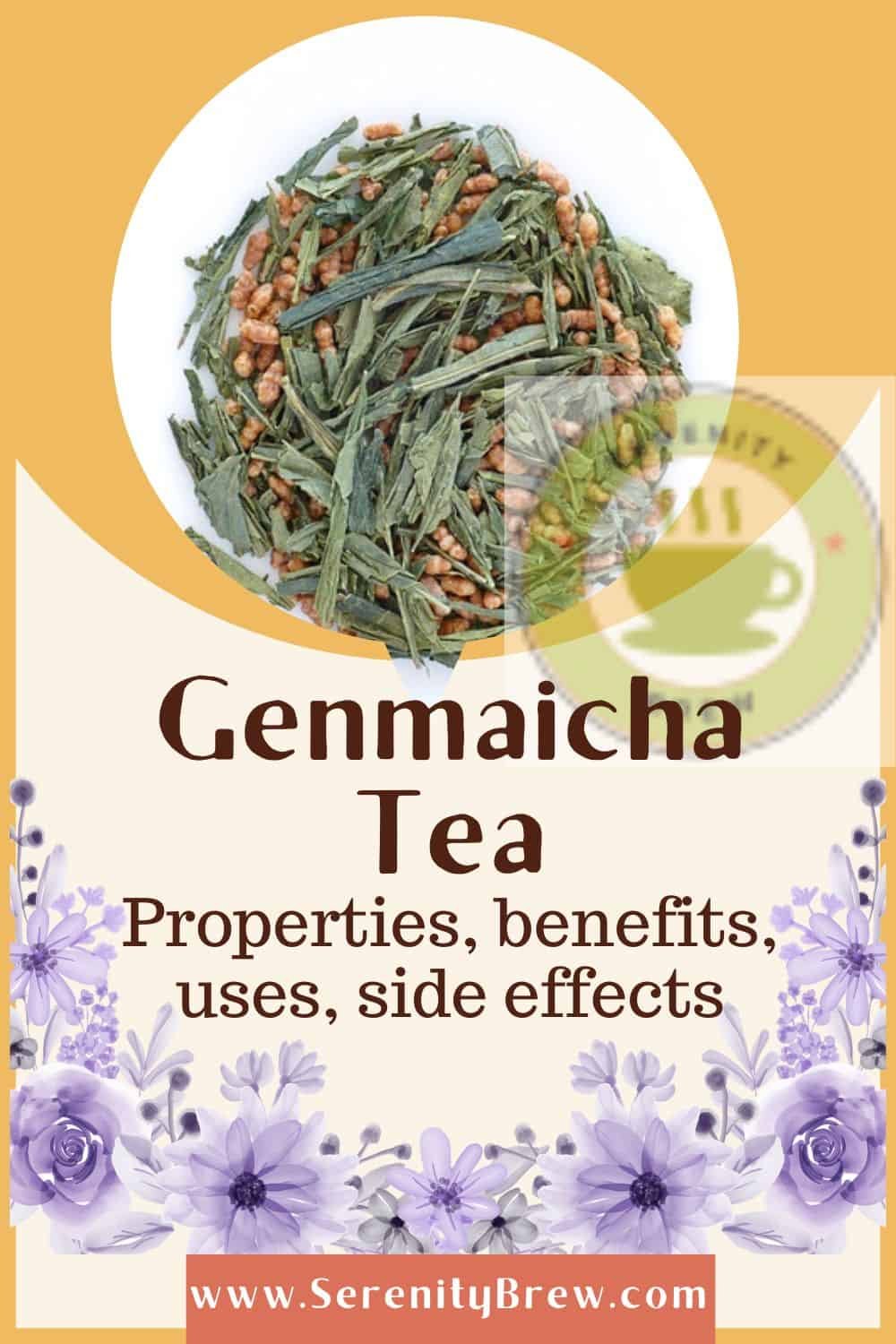 | 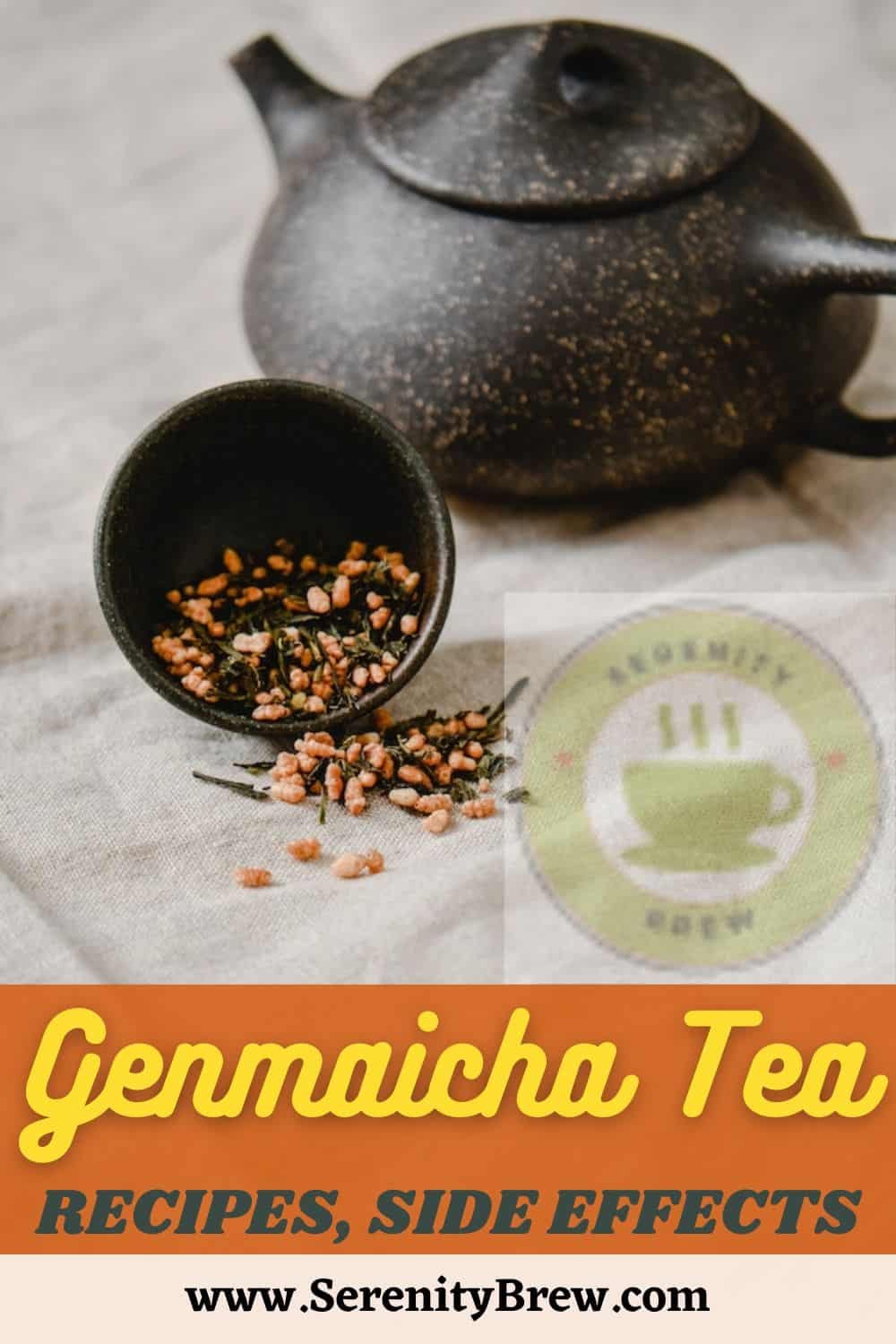 |
| Genmaicha Tea or Popcorn Tea: properties, benefits, uses, side effects | Genmaicha Tea: recipes, side effects |

